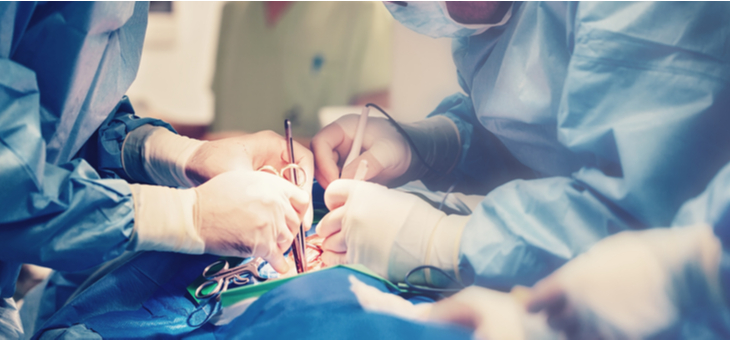An estimated 1.2 million Australian adults aged 18 and over have one or more conditions related to heart or vascular disease.
This news is for them.
A new study reveals that an emerging heart failure treatment could reverse structural damage to the heart and may even help the heart heal over time.
Heart transplants and long-term use of artificial heart pumps may become a thing of the past, say researchers and physicians from the University of Utah Health.
The use of medications and the short-term use use of an artificial heart pump, known as a left ventricular assist device (LVAD), could help some people live longer, healthier, more productive lives.
“For decades, heart transplantation and LVADs have been the therapeutic cornerstones of advanced heart failure,” said Dr Stavros Drakos.
“But this alternative approach is different. It appears to be a bridge to heart recovery without requiring transplantation or long-term use of an artificial heart pump.”
Through a combination of studies, researchers realised that LVADs significantly reduce the strain on failing hearts.
For some patients, temporary use of LVADs allow their hearts to rest and remodel damaged structures.
Once these repairs or ‘reverse remodelling’ takes place, heart function improves to a point when an LVAD can be removed.
A treatment that combines LVAD use with standard heart failure drugs known to enhance repair of heart tissue has shown much promise in early trials.
In several cases, patients survived more than three years after their LVADs were removed.
The studies involved 40 patients between the ages of 18 to 59 who were so severely ill with advanced heart failure that they required surgical implantation of a LVAD pump to stay alive.
Of all those treated with this new protocol, four in 10 recovered enough that the LVAD could be removed.
Nine in 10 were still alive one year after the removal of the LVAD, while almost eight in 10 (77 per cent) were doing very well at two and three years of follow-up.
These results were significantly better than expected for patients this advanced stage of heart disease, and proved that removal of LVADs is a viable alternative to transplantation or lifelong use of LVADs.
“People that look at heart disease are usually trying to figure out why a heart is becoming worse,” said study co-author Dr Craig Selzman.
“This research is important because it’s an alternative approach that is trying to figure out why these failing hearts are actually getting better.”
Do you have heart disease? How does this news sound to you?
If you enjoy our content, don’t keep it to yourself. Share our free eNews with your friends and encourage them to sign up.
Related articles:
https://www.yourlifechoices.com.au/health/news/heart-failure-likely-for-8-in-10
https://www.yourlifechoices.com.au/health/covid19/heart-healthy-isolation-cooking-tips
https://www.yourlifechoices.com.au/health/your-health/heart-attack-risk-rising

